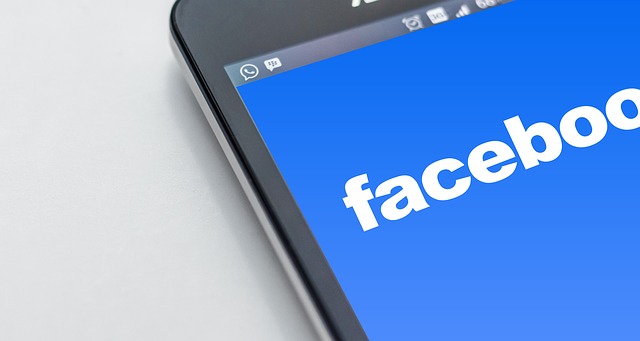
Last year, Facebook CEO Mark Zuckerberg revealed Facebook’s 10-year road map that entails powerful and advanced technologies meant to revolutionize the way people interact with each other and the entire world in general. Through one of his keynote presentations at this year’s F8 conference taking place this week in San Jose, California, we now have a better understanding of how they intend to achieve their bold and ambitious plans.
In a nutshell, Facebook (NASDAQ:FB) wants to fuse our physical world with the digital world. And they want it to happen sooner rather than later. How? Through augmented reality (AR). Or more specifically, through the AR-enabled lenses they are building.
As Zuckerberg explained in a Facebook post: “The goal is to make VR [virtual reality] and AR what we all want it to be: glasses small enough to take anywhere, software that lets you experience anything, and technology that lets you interact with the virtual world just like you do with the physical one.”
Although FB glasses or the contact lenses which will let us overlay digital objects on the real world aren’t likely to be available for perhaps several more years, the company is working hard to integrate the AR experience into our smartphones and in other ways while they are building up to their ultimate goal.
To kick things off, there’s the Camera Effects Platform that opens the doors for developers to help users augment photos and videos by creating their own frames, filters and AR-based apps that can be accessed from FB’s app camera.
There’s also Frame Studio which allows users to create and design their own static frames. Though it really isn’t totally new because many people are already doing this, Zuckerberg says they see it as the start of a new platform — one that’s bound to give Snapchat more headache, as if it doesn’t have enough already, with Facebook coming out with their own Snapchat-like features one after another.
By letting developers do the work for them, there’ll be no stopping the rapid expansion of what Facebook offers on their platform. And the more filters, effects and AR experiences are added, the better the overall user experience becomes.
Zuckerberg says that even though the effects may seem silly (like animated sharks circling around a bowl of cereal), they are still meaningful in a way because adding moving 3D objects to still images gives users the ability to share what matters to them, and share it in a more personalized away.
With the camera as their first mainstream AR platform, FB seems to be setting the stage for what the world will look like through their futuristic AR lenses. The apps being developed will start as camera apps, eventually evolving into starter apps for the upcoming AR lenses. And once the AR lenses are fully functional, everything with screens – from smartwatches to smartphones, tablets and even TVs – will be in danger of becoming obsolete as virtual objects will simply be projected on where you want to see them.
“We don’t need a physical TV. We can buy a $1 app ‘TV’ and put it on the wall and watch it,” Zuckerberg was quoted as saying to USA Today ahead of his keynote. “It’s actually pretty amazing when you think about how much of the physical stuff we have doesn’t need to be physical.”
Needless to say, the reality as we know it will change forever.
- Bulenox: Get 45% to 91% OFF ... Use Discount Code: UNO
- Risk Our Money Not Yours | Get 50% to 90% OFF ... Use Discount Code: MMBVBKSM
Disclaimer: This page contains affiliate links. If you choose to make a purchase after clicking a link, we may receive a commission at no additional cost to you. Thank you for your support!


Leave a Reply